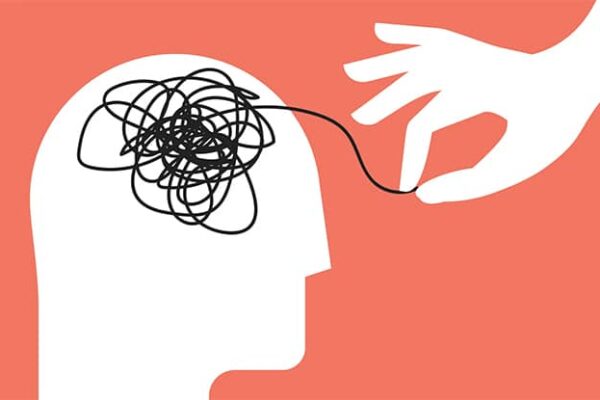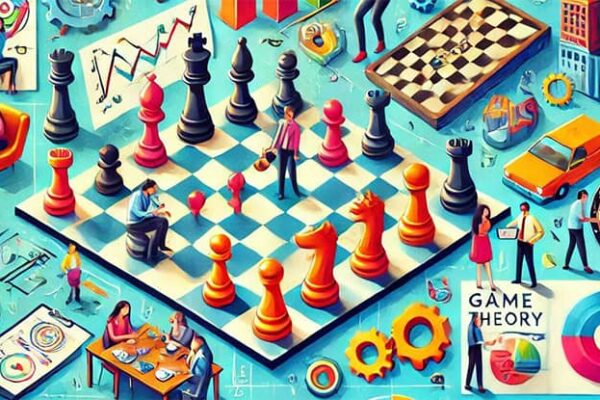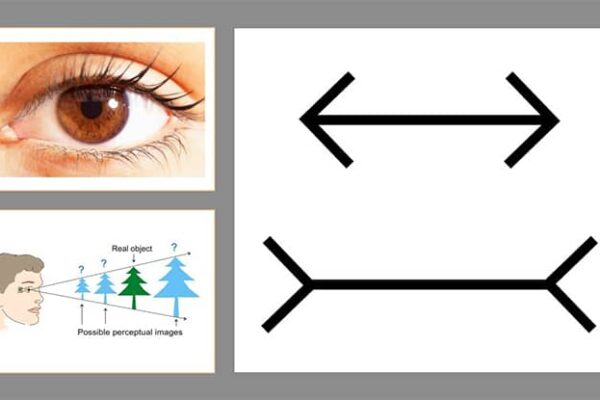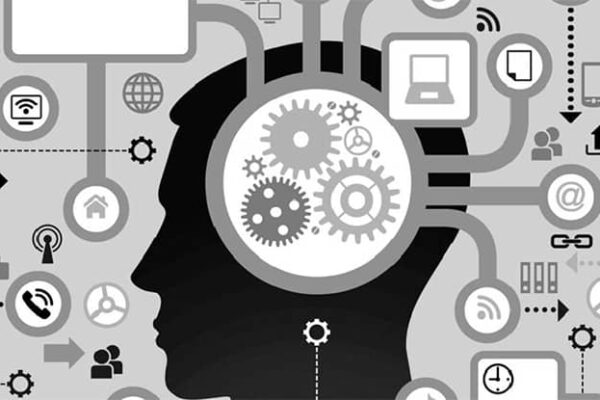Criminal psychology is a science that studies the psychological aspects of criminal behavior. It investigates how people make decisions to commit crimes, what internal motives drive them, and how external circumstances influence their actions. As a branch of psychology, criminal psychology seeks to answer important questions: why do some people become criminals while others do […]
Rorschach Test: History, Principles and Mysteries of the Method
The Rorschach Test is one of the most renowned and simultaneously enigmatic tools in psychological diagnostics. It is based on the interpretation of abstract inkblots presented to an individual for analysis. By answering the question of what he sees in these spots, a person involuntarily reveals aspects of his personality, inner experiences, fears and desires. […]
Who is a Neurotic: in Simple Words about Complex Things
Neuroticism is a psychological characteristic of personality associated with heightened emotional sensitivity, a tendency towards anxiety, and inner conflicts. People with high levels of neuroticism often experience intense emotional reactions even to minor events. This can affect their behavior, relationships, and overall well-being.
Asexuality: Is There a Place for Love Without Sex?
Asexuality is a sexual orientation characterized by the absence of sexual attraction to others. It is part of the broad spectrum of human identities, and while it is becoming more widely discussed, it remains misunderstood or even doubted by many.
Empirical Research Methods as the Basis of Modern Psychology
Empirical research methods are one of the cornerstones of scientific knowledge. Across all scientific disciplines, from physics to sociology, these methods ensure objectivity, reliability, and verifiability of knowledge.
The Trolley Problem: Moral Choice or Cognitive Trap?
The Trolley Problem is one of the most famous moral experiments that explores how people make ethical decisions in a dilemma. Imagine the following scenario: a trolley is moving down the tracks, threatening the lives of five people on its current path. You are standing next to a lever that can redirect the trolley onto […]
Associative Thinking in Psychology: the Magic of Neural Connections
Associative thinking is a cognitive process that enables the establishment of connections between various ideas, concepts, memories, or sensations. It is based on the brain’s ability to create neural links that associate one concept with another. For example, the word “summer” might evoke an image of the sea, the smell of flowers, or memories of […]
Who is a Neurologist and What does He Treat: How to Distinguish Neurology from Psychiatry
Neurology and psychiatry are two closely related medical specialties that study the brain, the nervous system, and their impact on a person’s overall condition. However, these disciplines have significant differences, which often remain unclear to patients.
Game Theory: Why We Act This Way and Not That Way
Game Theory is a mathematical discipline that studies strategic interactions between rational players, examining how participants make decisions considering the possible actions of others and striving to maximize their own benefits. Despite its mathematical nature, it is increasingly used to understand how people make decisions in various real-life situations. Its concepts have become essential not […]
The Availability Heuristic: the Enemy of Rational Thinking or its Ally?
The Availability Heuristic is a cognitive strategy people use to assess the likelihood of events based on how easily examples of those events come to mind. This term was first described by psychologists Amos Tversky and Daniel Kahneman in the 1970s.
Series «Severance»: Detailed Psychological Analysis of the First Season
“Severance” is an American science fiction drama with thriller elements, released by the Apple TV+ streaming service in 2022. Created by Dan Erickson, the series has garnered critical and audience acclaim for its unique storytelling approach, unconventional concept, and deep philosophical themes.
The Müller-Lyer Illusion: Can You Trust Your Own Eyes?
The Müller-Lyer Illusion is one of the most well-known examples of optical illusions, demonstrating how our perception of shape and size can be distorted. It involves two lines of equal length that appear different due to the specific design of their ends. When arrow-like “tails” are added to the ends of the lines, pointing either […]
Social Engineering as a Tool of Manipulation: Truth and Fiction
Social engineering is a set of methods and techniques aimed at influencing people to obtain specific information, manipulate their behavior, or prompt actions beneficial to the manipulator. The foundation of social engineering lies in exploiting human factors: trust, emotions, ignorance, or weaknesses.
Active Listening: How to Hear, not Just Listen
Active listening is not just the ability to perceive words but also a deep understanding of their meaning, emotions, and the subtext behind them. In today’s world, where communication often boils down to exchanging phrases, this skill becomes a key to genuine understanding, building trust, and resolving conflicts.
Social Intelligence as the Art of Understanding People
Social Intelligence is the ability of an individual to understand others, recognize their emotions, needs, motivations, and behaviors. This skill includes the ability to read non-verbal cues, respond appropriately to social situations, and adapt one’s behavior to the context. Unlike emotional intelligence, which is more focused on internal emotional states, social intelligence is directed towards […]




















